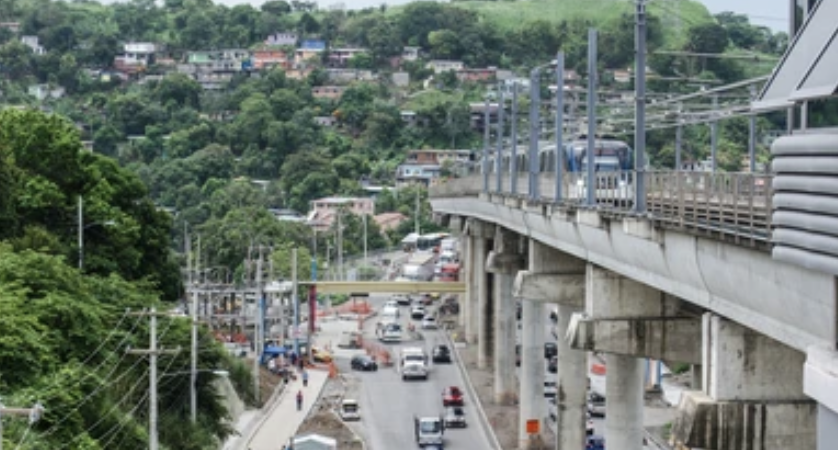The cable car project of the districts of Panama and San Miguelito, an initiative that seeks to improve mobility and connectivity in the city, is advancing towards its bidding phase.
The Evaluation Commission, appointed by Metro de Panamá, S.A. through Resolution No. MPSA-95-2025 of March 6, 2025, concluded the review of the pre-qualification proposals, thus allowing the transition to the next stage of the process.
The two consortia that passed the prequalification phase, Consorcio Teleférico SPE and Consorcio Teleférico de San Miguelito-TSM, were authorized to participate in the tender, according to the documentation published in PanamaCompra.
Composed of suitable personnel, the Evaluation Commission applied the methodology and criteria established in the Prequalification Specification of the Cable Car of the districts of Panama and San Miguelito, as well as the provisions of the Consolidated Text of Law No. 22 of 2006 on Public Procurement.
The evaluation process included the analysis of the information presented by each proponent, with the objective of verifying compliance with the requirements required by Metro de Panamá, S.A., both in the specifications and in their modifications.
The Evaluation Committee held exclusively to the factors, methods and criteria defined in the prequalification document to assess the skills of the participants.
The minimum requirements included legal aspects, eligibility criteria, administrative, financial and technical capabilities, as well as proven experience in investment projects.
During the evaluation, the Evaluation Commission asked all the proposers to remedy the mandatory minimum requirements, as indicated in the specifications.
As a result of the analysis, the Evaluation Committee determined that both proposals met all the requirements established, therefore, both were considered as pre-qualified.
In its report, the Evaluation Commission incorporated means of validation and complementation of administrative procedures, in accordance with the specifications and integrated the principles of public procurement, including the principle of efficiency. The latter seeks that the purpose of the contracting process prevails over formalities that do not affect the validity of the act, do not significantly affect the final decision or harm the guarantees of the procedure or the rights of the participants.
